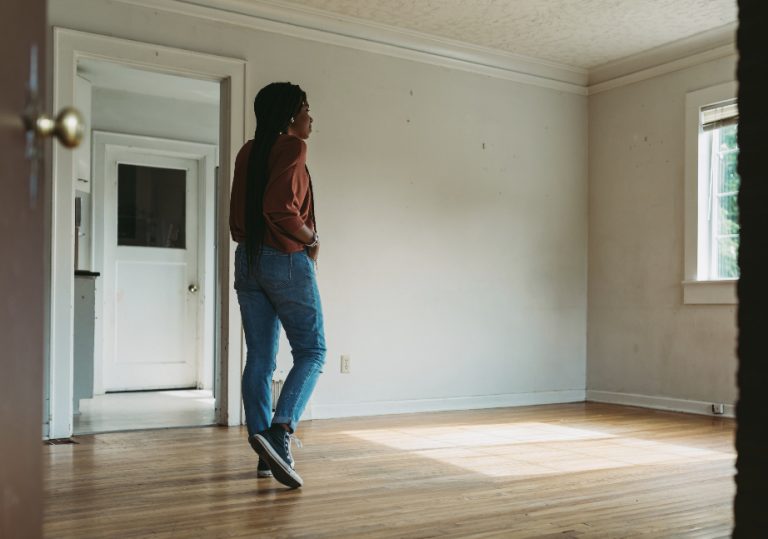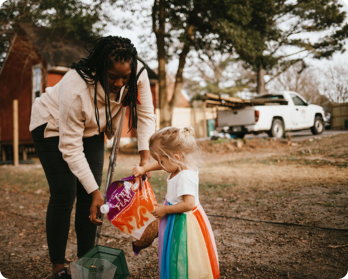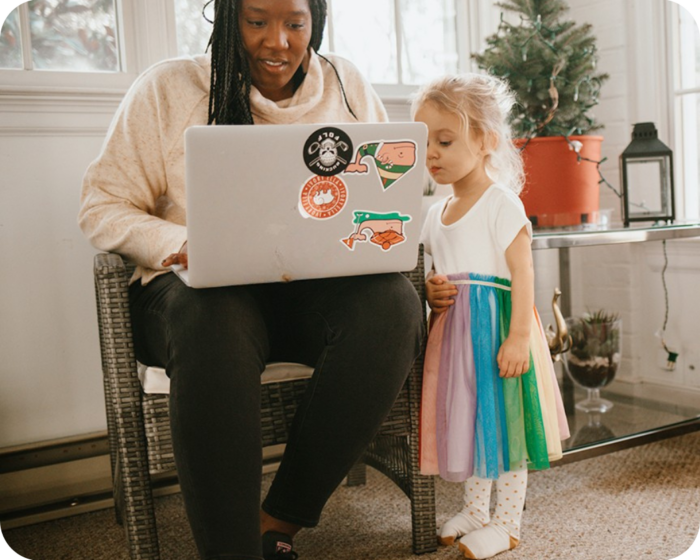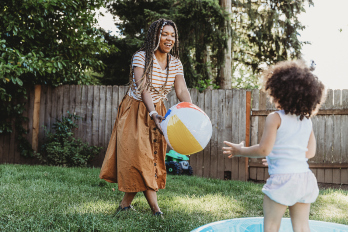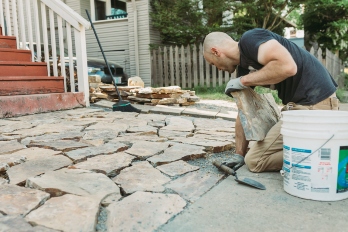This installment is part of an ongoing series about the challenges buyers face during COVID-19 and how the homebuying process is adapting to meet their needs.
With the homebuying process going virtual due to COVID-19, more homebuyers than ever are touring sales listings on their phone or computer and buying houses they’ve never set foot in, making home inspections especially important.
A home inspection is when a certified home inspector goes through a home to check its condition inside and out, but the buying process isn’t the only time home inspectors can be helpful.
If you’re a homeowner, an inspection can identify problems in the making and suggest preventive measures to help you avoid costly future repairs. If you’re planning to sell, it can point out needed repairs before they’re noticed by potential buyers.
Before COVID-19, a buyer and their real estate agent would typically be present for all or part of an inspection – but of course, that’s all changed as of late.
So how are buyers and owners handling home inspections from a social distance during COVID-19? Here’s the tea:
What do home inspectors do?
During an inspection, an inspector looks at the physical structure and systems of a home, from its roof to the foundation, and then compiles all their findings into a report for you to review and keep. An inspection takes about two or three hours.
Before COVID-19, these reports often came in physical copies, sometimes collected in a binder. During the pandemic, however, it’s become more common for them to be delivered by email.
Here are some things an inspection report will cover:
- Heating and cooling systems
- Plumbing and electricity
- Attic and basement
- Roof
- Visible insulation
- Walls, ceilings and floors
- Windows and doors
- Foundation and structural components
How are homebuyers handling home inspections during COVID-19?
As we said earlier, prior to COVID-19, it was common for buyers, often along with their real estate agents, to be present for a home inspection to chat with an inspector about their concerns.
These days, however, inspections are mostly taking place remotely. An inspector can call you or video chat with you during or after the inspection to discuss their findings. They may also be able to send over videos to demonstrate areas of concern.
If you do want to be physically present, and the inspector agrees, be sure to wear a mask, gloves, and shoe coverings, and maintain social distancing at all times. In some states, including California, you’ll be required to sign a property entry advisory stating that you understand the risks of exposure when entering homes.
How are homeowners conducting home inspections in COVID-19?
During the COVID-19 outbreak, most folks don’t want strangers coming into their home and touching things but unfortunately, this is pretty unavoidable for a home inspection to take place.
That said, sellers may not want to be present for the inspection, nor should children or pets. Instead, consider vacating the premises and asking the inspector to give you a call once they’re finished.
Sanitizing bathroom and kitchen fixtures, surfaces, and doorknobs are other good precautions to take before and after an inspection, as is requesting a reschedule if the inspector or anyone in your home exhibits symptoms of an illness.
How are home inspectors protected during COVID-19?
The American Society of Home Inspectors offers guidance to its members on how they can operate safely in light of COVID-19. For example, they recommend that inspectors bring their own anti-bacterial soap, towel, hand sanitizer, and shoe disposable covers.
Inspectors should not shake hands with anyone or get closer than 6 feet. They’re asked to wash their hands after inspecting each bathroom and the kitchen, and wipe down fixtures and handles that they touched.
Staying safe
We’re all working together to keep each other safe. That means practicing social distancing, washing our hands frequently, and avoiding people who exhibit symptoms of COVID-19.
Life has slowed down, but it hasn’t stopped. Be safe, be strong. We’ll get through this together!
- Well, that answered the question about home inspections – but what about home appraisals? Do appraisers need to go inside?
- You’re on your way to closing. Can home closings be held remotely?
